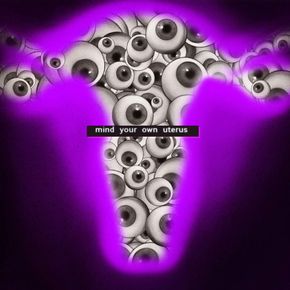SCO, Mercosur and the Lithuanian strategy for the Indo-Pacific
During the virtual summit in early July this year, documents were signed within the framework of the Shanghai Cooperation Organization (SCO), which consists of Russia, China, India, Pakistan, Kazakhstan, Kyrgyzstan, Tajikistan, Uzbekistan and Iran, which has just been admitted to the SCO structures. Belarus is also to join the SCO. The summit emphasised the issues of security, economy, trade, connectivity, unity, respect for sovereignty and territorial integrity as well as environmental well-being. The new agreements cover joint initiatives ranging from the fight against terrorism to digital cooperation. The SCO member states account for about 44% of the world’s population, but SCO members and associates (Belarus and Afghanistan) are far from agreeing on geopolitical interests.
Brazilian President Lula da Silva’s plans to strengthen and expand the Mercosur trade bloc encountered resistance from other members of the organisation – Argentina, Uruguay and Paraguay. Controversial issues include the restoration of Venezuela as a Mercosur member, as it has been suspended since 2017, as well as free trade agreements between Mercosur and the European Union, Uruguay and China, and Uruguay and Argentina.
Lithuania’s new strategy for the Indo-Pacific region is primarily to improve economic relations with Taiwan and other regional partners. The document also warns China about a possible crossing of a red line: providing military support to Russian aggression in Ukraine and using force or coercion to change the status quo in the Taiwan Strait.


























